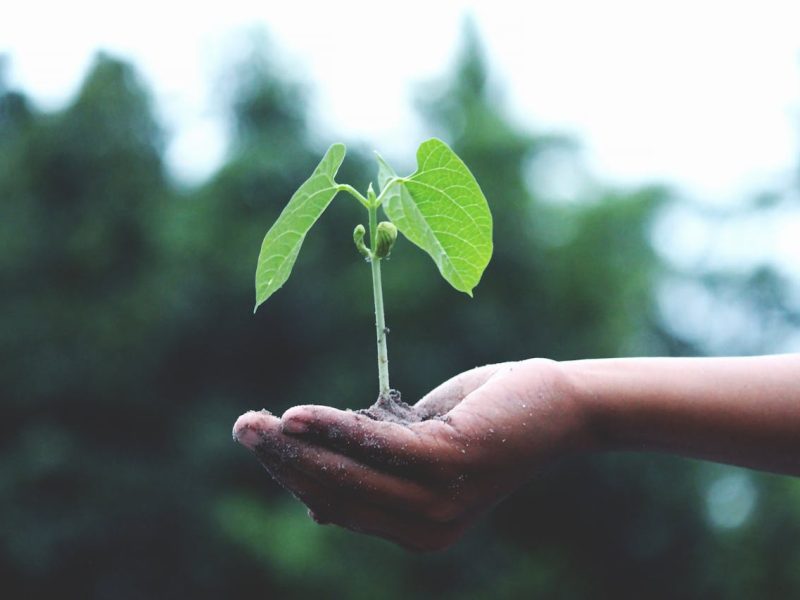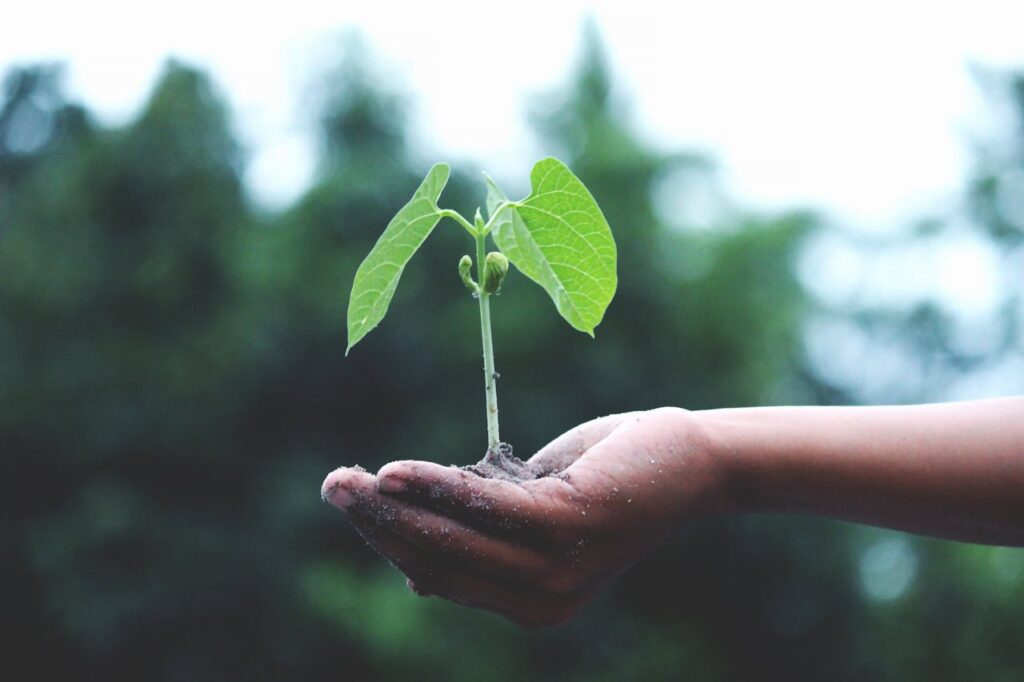As the global population continues to grow, the demand for food is rising at an unprecedented rate. At the same time, environmental concerns such as climate change, deforestation, and soil degradation are becoming increasingly urgent. Sustainable agriculture presents a solution that meets the growing demand for food while protecting the planet’s resources for future generations. By implementing eco-friendly farming practices, sustainable agriculture seeks to balance food production with environmental stewardship.
1. What is Sustainable Agriculture?
Sustainable agriculture refers to farming practices that focus on producing food, fiber, and other products in a way that is environmentally responsible, economically viable, and socially beneficial. It prioritizes soil health, water conservation, biodiversity, and the reduction of harmful chemicals in food production. Sustainable farming aims to meet current food needs without compromising the ability of future generations to meet theirs.
2. The Environmental Benefits of Sustainable Agriculture
Sustainable farming practices reduce the environmental footprint of agriculture by focusing on techniques that conserve natural resources and protect ecosystems. These include:
- Soil Conservation: Practices such as crop rotation, cover cropping, and reduced tillage help maintain soil fertility, prevent erosion, and improve water retention. Healthy soil is essential for growing crops efficiently and sustainably.
- Water Conservation: Sustainable agriculture uses water-efficient irrigation techniques, such as drip irrigation and rainwater harvesting, to minimize water wastage. This is especially critical in areas facing water scarcity.
- Biodiversity: Agroecological practices like intercropping and maintaining wildlife corridors can help preserve biodiversity, promoting a balanced ecosystem and reducing the need for harmful pesticides.
3. Improving Food Security with Sustainable Agriculture
Food security is a growing concern worldwide, especially in developing countries. Sustainable agriculture plays a crucial role in addressing this issue by increasing crop resilience and ensuring that food production can withstand changing climatic conditions. Techniques like agroforestry, which integrates trees and shrubs with crops, help protect crops from extreme weather, enhance soil quality, and provide additional sources of income for farmers.
4. Reducing the Carbon Footprint of Agriculture
Agriculture is one of the largest contributors to global greenhouse gas emissions, but sustainable farming can help mitigate this. By adopting practices like reduced tillage, using organic fertilizers, and improving manure management, farms can significantly cut down on the amount of carbon dioxide, methane, and nitrous oxide they release into the atmosphere. These efforts are critical in the fight against climate change and help make agriculture more sustainable in the long term.
5. The Role of Technology in Sustainable Agriculture
Technology is a key driver in advancing sustainable farming. Innovations like precision farming, which uses data from sensors and satellites to monitor crop conditions, help farmers optimize resource use and minimize waste. Drones, AI, and machine learning are enabling farmers to make data-driven decisions, such as optimizing irrigation and fertilizer use, while also improving crop yields. These technologies increase efficiency, reduce costs, and minimize environmental impact.
6. How Consumers Can Support Sustainable Agriculture
Consumers play a vital role in supporting sustainable agriculture through their purchasing choices. By choosing products from companies that implement sustainable practices, individuals can drive demand for eco-friendly food options. Organic produce, fair-trade certified products, and locally sourced goods are often produced with a lower environmental impact and are a great way for consumers to support sustainable farming efforts.
7. The Future of Sustainable Agriculture
The future of sustainable agriculture lies in collaboration between farmers, scientists, technology innovators, and consumers. As we continue to face environmental challenges such as climate change, it’s critical to scale up sustainable farming practices globally. With ongoing research, improved technologies, and a commitment to sustainability, the agricultural industry can provide food for the growing population while preserving the planet for future generations.
Sustainable agriculture isn’t just about improving farming practices—it’s about ensuring a sustainable future for the planet and its inhabitants. By focusing on long-term solutions that benefit the environment, farmers, and consumers alike, sustainable agriculture is making a positive impact on both food security and the planet’s well-being.




